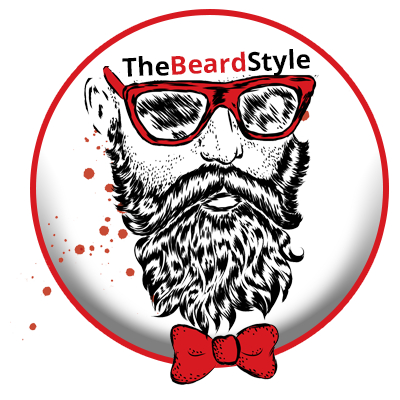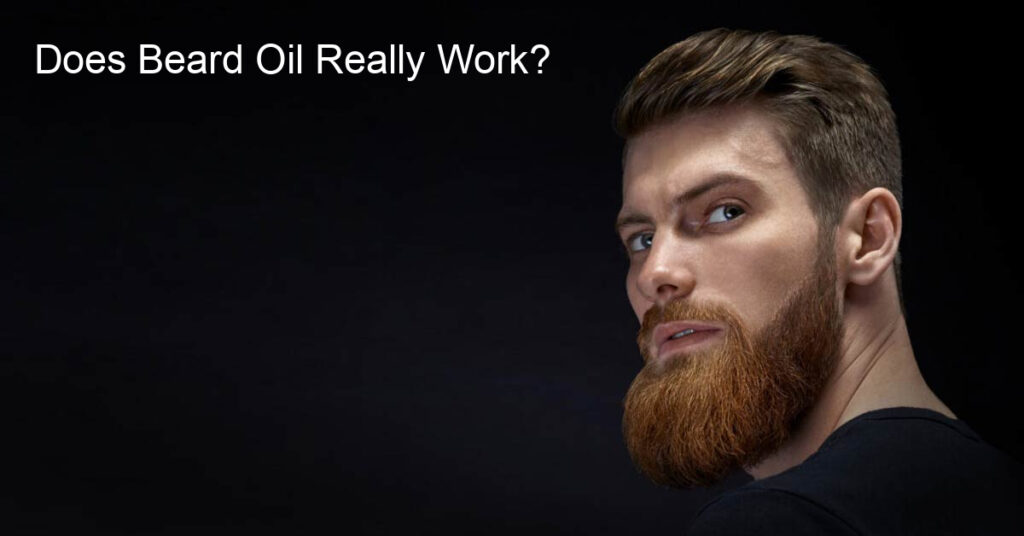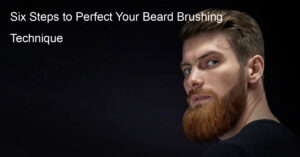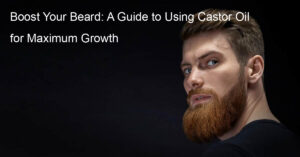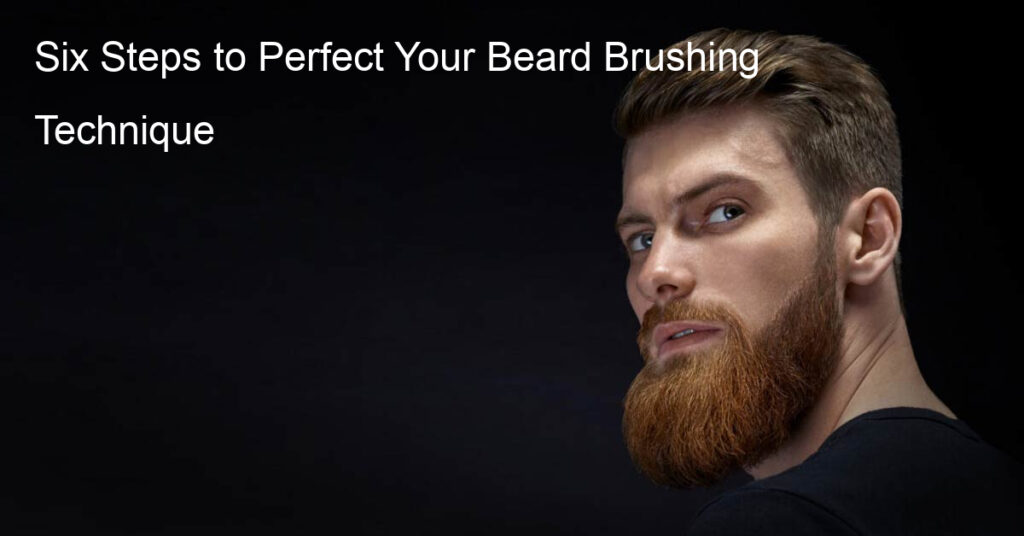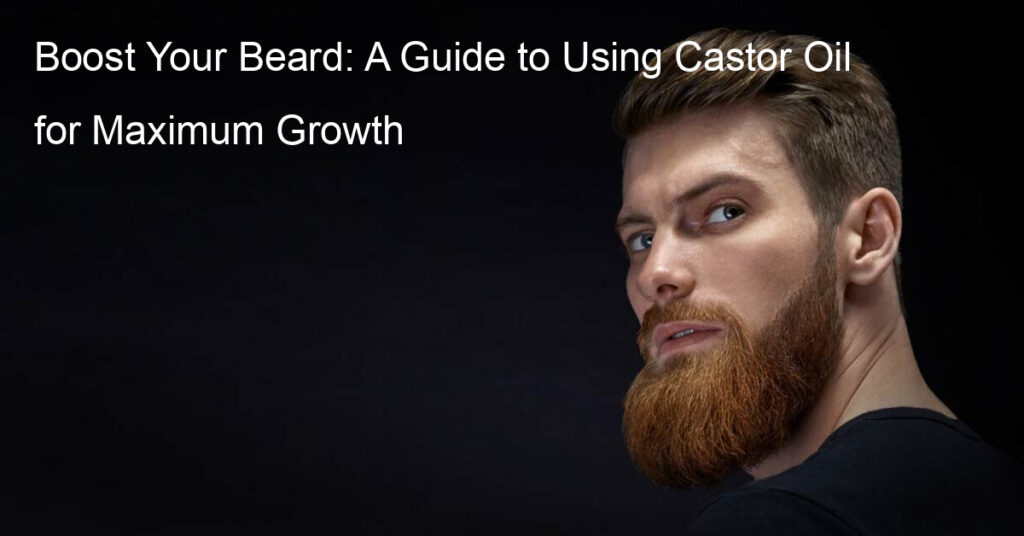There are many products on the market but does beard oil work? How long will it take for you to see results? And do they cause any side effects? Here’s a guide to the benefits and drawbacks of beard oil. Also, find out what the ingredients in beard oil do to your beard. And what can you expect to see in a few months? Hopefully, this guide will be useful for you.
How Does Beard Growth Oil Work?
What is the function of beard oil? Beard oil helps to keep facial hair moisturized and hydrated which is essential for facial hair growth. While most beard oils contain essential oils some can be too harsh for some skin types. Hence the best way to begin using beard oil is to apply a small amount every morning after shaving. Apply the oil to your beard in the same way you would apply a facial moisturizer. If you experience itchiness you can apply it more frequently.
The oil used to promote hair growth must be enriched with essential oils such as argan and jojoba. Both of these oils have many health benefits including anti-itch and anti-germ properties. In addition to being anti-inflammatory, these oils can also help your beard grow faster and thicker. It should also be free of bacteria including those that cause beard itchiness. The oil you choose should also be FDA-approved.
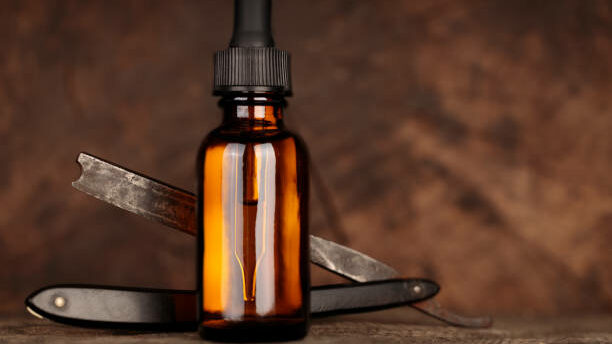
Are There Any Side Effects of Beard Growth Oil?
Many beard growth oils contain polyunsaturated fatty acids. These compounds can cause your skin to dry out and flake. Eventually, this can lead to beardruff. Luckily there are ways to reduce the accumulation of these fatty acids. One way is to apply vitamin E to your beard. Vitamin E has powerful antioxidant properties and can help prevent the buildup of fatty acids in your skin.
Coconut oil is another excellent choice for beard growth oil. Not only does it hydrate your beard it also helps prevent dandruff. Its low molecular weight allows it to easily penetrate the hair shaft without clogging your pores. However, if you have sensitive skin you should avoid commercial beard oils containing artificial fragrances dyes, and preservatives. Always remember that there is no such thing as a perfect product.
List of what beard oil does to a beard
There are several essential oils to consider when making your beard oil. You can choose between grapeseed oil coconut oil or jojoba oil as well as essential oils like lavender or bergamot. The essential oils should be mixed into the oil which will be stored in an amber bottle to prevent it from oxidation and UV rays. Before applying it to your beard you should clean it thoroughly.
The oil itself is made up of carrier oils and essential oils that work together to provide nourishment to your facial hair. Many beard oils contain essential oils that serve as a natural cologne. Among the most popular carrier oils are jojoba oil and castor oil. Other oils are also available and are equally beneficial. A quality beard oil will smell great and have an antibacterial and nourishing effect.
| Question | Answer |
|---|---|
| What is beard oil? | Beard oil is a grooming product designed to moisturize and soften facial hair and the skin underneath it. |
| What are the benefits of using beard oil? | Beard oil can help to hydrate and nourish both the beard and the skin beneath it, making the beard appear healthier and less dry and itchy. It can also help to tame flyaways and make the beard easier to style. |
| Does beard oil really work? | Yes, beard oil can be an effective grooming product for those looking to improve the appearance and health of their beard. However, the results may vary based on individual factors such as beard thickness, skin type, and personal grooming habits. |
| How do I use beard oil? | Beard oil is typically applied by placing a few drops in the palm of your hand, rubbing your hands together to distribute the oil evenly, and then massaging it into your beard and the skin beneath it. |
| Can I make my own beard oil? | Yes, it is possible to make your own beard oil using natural ingredients such as carrier oils and essential oils. However, it is important to research the ingredients and their potential effects on your skin before making your own beard oil. |
How long do you need to wait before seeing the results?
Some people have found that beard oil can even be used as an aftershave. It can be very effective in smoothing out skin and it doesn’t contain harsh ingredients like alcohol. This makes it a great moisturizer for your beard. Read on to learn more about how you can use this product in your daily routine. Here are some reasons why it’s so effective.
The amount of time you need to wait for your beard oil to take effect is determined by your skin’s permeability. Smoother skins have larger pores and your beard oils may have a shorter working time on your skin. However, the oil needs time to spread across your skin’s surface and reach your pores. Therefore some people may need a few weeks before seeing results.
What is beard oil?
Beard oil is a grooming product specifically designed for men who have facial hair. It can be used on any type of beard, from stubble to full-length beards. Beard oil helps keep the hair soft and manageable while also providing nourishment for the skin underneath it.
The essential oils in beard oil are known for their antibacterial properties and can help prevent acne breakouts as well as reduce inflammation caused by dryness or irritation. Beard oil usually consists of natural ingredients such as jojoba, argan, grapeseed, coconut, almond, or other nut oils which provide hydration and nutrition to both the hair follicles and skin beneath them.
Essential oils like lavender, tea tree, or eucalyptus combine with these base oils to create unique scent profiles that range from woodsy to floral depending on your preference. Additionally, some beard oils may contain vitamins A & E which help promote healthy growth and shine in your facial hair over time.
When applied correctly using just a few drops per application (typically twice daily), you’ll notice softer more supple hairs that feel less brittle than before applying the product.
What are some benefits of using beard oil on your facial hair?
The first benefit of using beard oil is that it can help to stimulate hair growth. Regularly massaging the product into facial hair encourages blood flow to the follicles, which in turn helps them to become stronger and more resilient over time.
This helps promote healthy beard growth and makes it easier for you to achieve the desired length or thickness that you desire. Another notable perk of using beard oil is that it can help keep your facial hair looking neat.
The oils used in the product act as a natural conditioner and styling agent, making it easier to shape and groom your beard while taming any frizz or flyaways. Additionally, its nourishing properties help protect against environmental stressors like UV rays or wind damage, leaving you with a softer, more hydrated look.
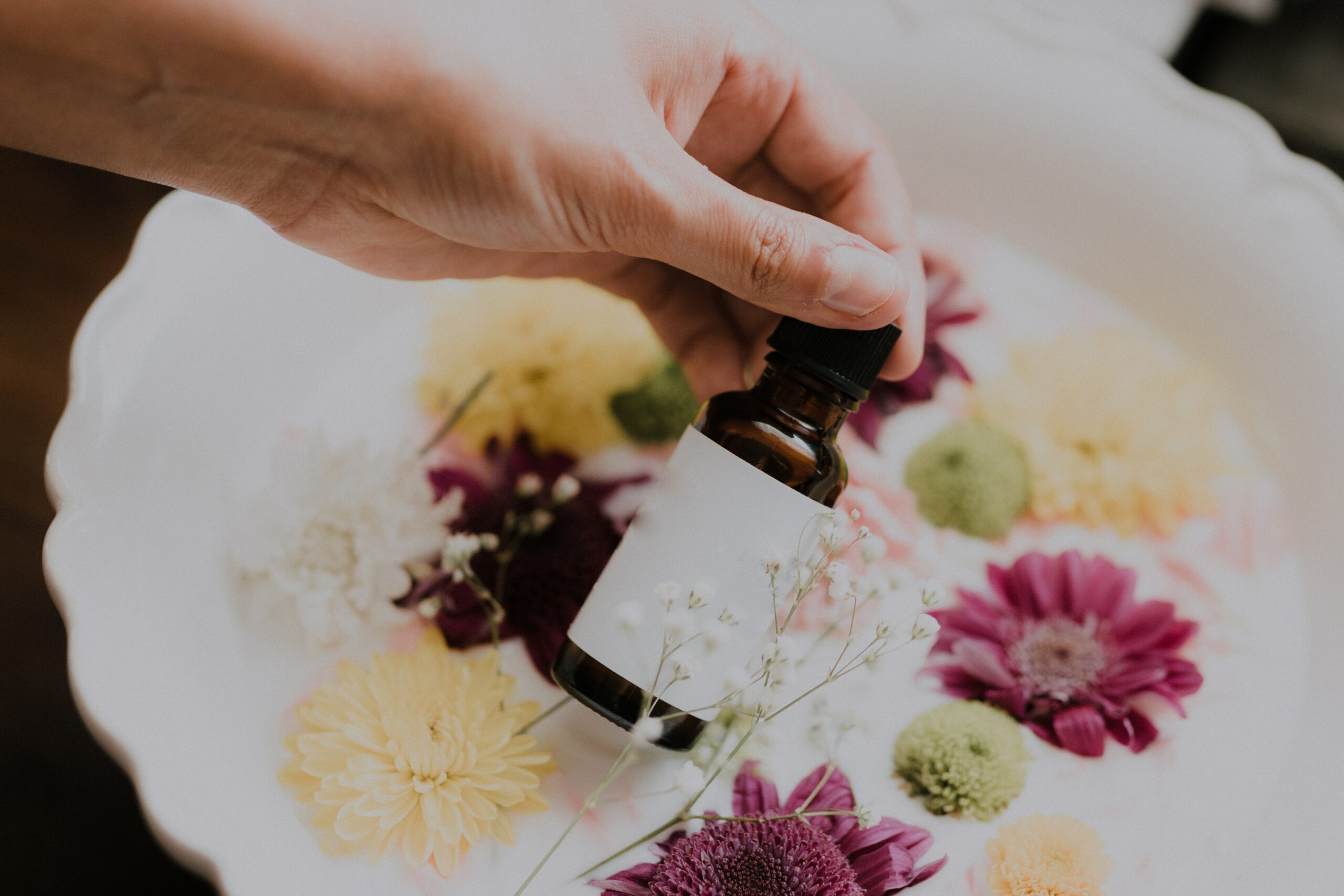
What ingredients should you look for when buying beard oil?
When choosing a beard oil, it’s important to pay attention to the ingredients list and make sure that what you’re buying is of good quality. First, look for base oils like jojoba, argan, grapeseed, coconut, or almond which help to provide moisture and nourishment to the skin and hair follicles.
Essential oils such as lavender, tea tree, and eucalyptus can be added to these base oils for additional benefits such as anti-bacterial properties. These essential oils are also responsible for providing scent profiles in beard oils – so if you prefer a woodsy aroma you can look out for those types of essential oils.
Additionally, some beard oil products may contain vitamins A & E which will help promote healthy growth over time. The last key element you should consider when purchasing beard oil is its concentration – always opt for higher concentrations of botanical ingredients since this will ensure maximum absorption into your facial hair and skin.
How often should beard oil be applied?
Beard oil should be applied twice daily for best results. It is important to note that the amount of product used should be adjusted depending on the length and thickness of your facial hair as well as the season. Generally, a few drops are all that is needed for stubble or short-length beards while longer or thicker styles may require a bit more.
In the winter months, when the air is colder and dryer, it may be beneficial to increase the frequency of application to three times per day to help maintain hydration and avoid damage caused by excessive cold and wind.
It is essential to massage beard oil into your facial hair evenly after washing with warm water so that it has time to penetrate through all layers of skin and hair follicles. Additionally, beard oil can also be used as a finishing product after styling with a comb or brush if desired – simply add a small amount to your palms and lightly dab it onto the beard from root to tip for a smooth and natural look.
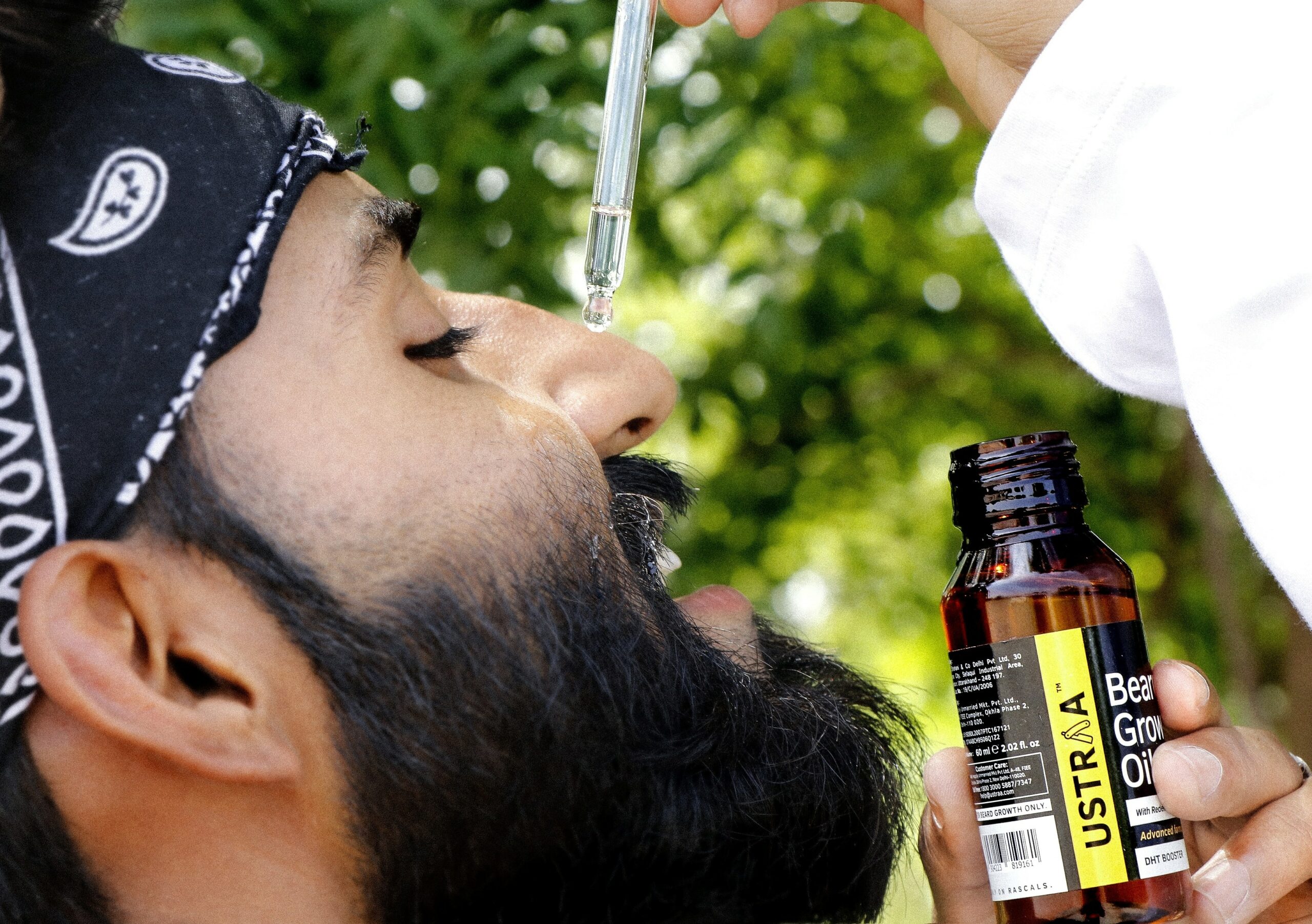
Are there any natural alternatives to using beard oil?
Yes, there are several natural alternatives to using beard oil that can help keep facial hair soft, hydrated, and manageable. For example, argan or jojoba oil are both great options as they closely resemble the natural oils produced by the skin, called sebum.
Applying just a few drops of either oil before bed can help nourish the scalp and strengthen hair follicles. Other natural alternatives include aloe vera gel and shea butter which are both incredibly nourishing and deeply hydrate the skin while helping to reduce any itching or irritation caused by dryness.
Moreover, coconut oil is a great choice as it is rich in fatty acids that help to tame unruly hairs while restoring moisture to prevent breakage and split ends. Lastly, for those looking for a more earthy scent profile, essential oils like lavender or tea tree oil can be added to the mix for an invigorating aroma that also helps promote healthy beard growth.
Just make sure to dilute them first with a carrier oil like jojoba before applying so as not to irritate your skin. Additionally, certain herbs like rosemary may offer some protection from environmental stressors such as cold or wind damage while also encouraging thicker fuller growth over time.
Ultimately, by incorporating these natural alternatives into your grooming routine you’ll create an unbeatable combination of both nourishment and scent that will leave you with healthier-looking facial hair in no time!
Final Thoughts
In conclusion, beard oil is an effective product that can help to improve the look and feel of facial hair. It works by providing nourishment for both the skin and hair follicles while also offering protection from environmental stressors such as cold or wind damage.
The natural ingredients in beard oil – base oils like jojoba, argan, grapeseed, and coconuts plus essential oils like lavender or tea tree – are known for their antibacterial properties which help promote healthy growth over time.
With regular use, you’ll notice softer more supple hairs with fewer split ends that will give your facial hair a healthier-looking appearance without having to rely on harsh chemicals or synthetic products.
So if you’re looking for something to tame unruly beards while still keeping it soft and hydrated then try out some beard oil today!
